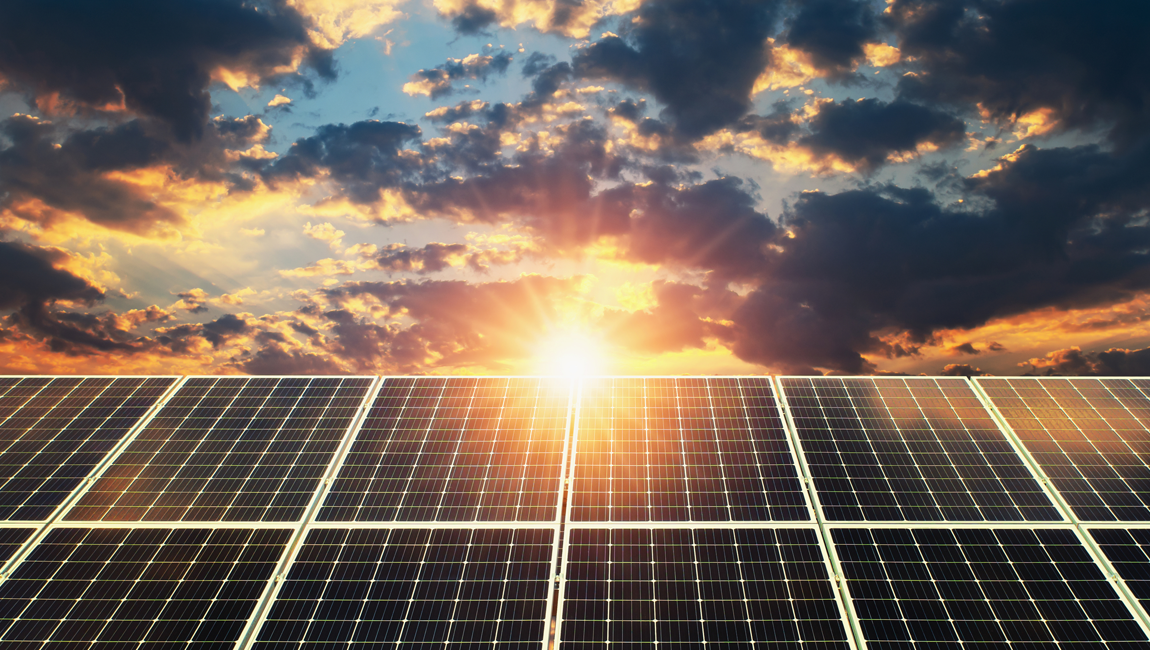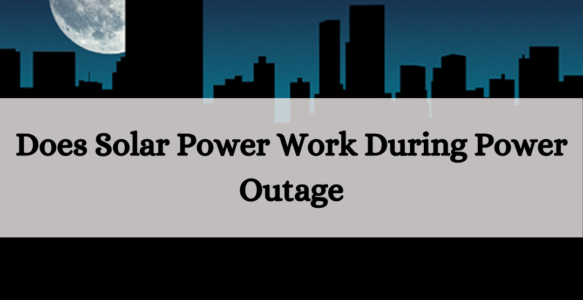Many Filipino people choose to install solar panels to gain energy autonomy. But even if your photovoltaic installation does allow you to produce your own energy and, therefore, save on your electricity bills, making yourself 100% autonomous in the event of a power outage is not possible for all installations.
This article will explain what happens to your solar panels during a power outage. Does solar power work during a power outage, or do I need to reset solar after a power outage? You will also find advice on how to avoid unpleasant surprises and opt (or not) for an independent electricity installation.
Does my solar panel continue to work during a power outage?
This is the question that certainly interests you the most. Unfortunately, you may not like the answer. In fact, in most cases, your solar panel will stop working during a power outage.
This is, in any case, true for photovoltaic solar panels, which operate with an inverter (it is this that ensures the conversion of direct current into alternating current in order to be used within your home).
Thus, during a power outage, your photovoltaic system will go into standby mode, and no more solar energy produced will be injected until power is restored.
There are two main reasons for this standby:
- As a safety measure: it protects your installation, as well as the person who will work to restore the network, from the risk of electrocution. In fact, continuing to inject electricity into the network can put the technician in danger during his intervention. This can also cause your own network to overheat, and therefore cause a fire . For all these reasons, as soon as the power goes out, your solar panels shut off.
- For legal reasons: The law is very strict regarding the injection of electricity into the public network. Microinverters must, for example, be equipped with a decoupling relay which will trip your installation in the event of a problem. If your panel does not stop working during a power outage, your installation does not meet this legal obligation.
Stop, don’t go! Because if this obligation is legal, solutions, which are just as legal, exist to power your home with solar during a power outage and I tell you about them a little further down in the last part of this article.
The exception of stand-alone installations
As their name suggests, autonomous solar installations are not affected by what we have just explained above. This is for the simple reason that they are not connected to the public electricity network. Their main use is to power isolated sites, which cannot be connected, so power cuts do not affect them. The same goes for the autonomous solar kit that you might find on a spare parts site.
2. How common are power outages in the Philippines?
Before we look at the solutions that will allow you to overcome a possible power outage, it is essential to ask yourself if they are useful.
Power outages in the Philippines are quite frequent in some areas. Of course, this doesn’t mean you won’t experience power outages. These occur most often in the event of network overload, intervention, or exceptional weather conditions.
3. Power outage – what solutions to continue producing solar electricity?
As we have already seen, the first solution if you live on an isolated site would be to opt for an autonomous installation. However, the latter is not suitable for housing that can be connected to the public electricity network. It is more complicated to install and does not allow you to access state aid or resell your surplus electricity to Meralco, for example.
The best way to limit the impact of a power outage on your photovoltaic installation is to equip yourself with a so-called “backup” system accompanied by a solar battery.
Using a solar storage battery will strengthen your energy independence by storing the electricity produced by your panels to use it when you need it (whether during a power outage or in bad weather).
However, be careful to weigh the pros and cons carefully. A solar battery costs between Php 15,000 and Php 50,000 (depending on its components and storage capacity). If you are only very rarely exposed to power outages, such an investment will not necessarily be relevant and will directly impact the profitability of your project.
Another option is the hybrid or off-grid inverter. These systems will automatically take over in the event of an interruption. They are in fact calibrated to inject the power required for the proper functioning of an electrical device without sending your electrical current to the public network.
This is called an emergency socket system, emergency power or even an anti-cut solar kit for devices that include a hybrid inverter, with or without a battery.
4. Power outage and solar panel: what to remember
Your self-consumption solar installation being connected to the public network, it will necessarily be impacted by a network outage. In the event of a power outage, it will stop working to prevent risks to you and others. However, there are solutions to take over (solar battery, hybrid inverter, autonomous panel). It’s up to you to determine whether these devices are relevant in your case, their prices impacting your profitability and power outages being relatively rare in the Philippines.

